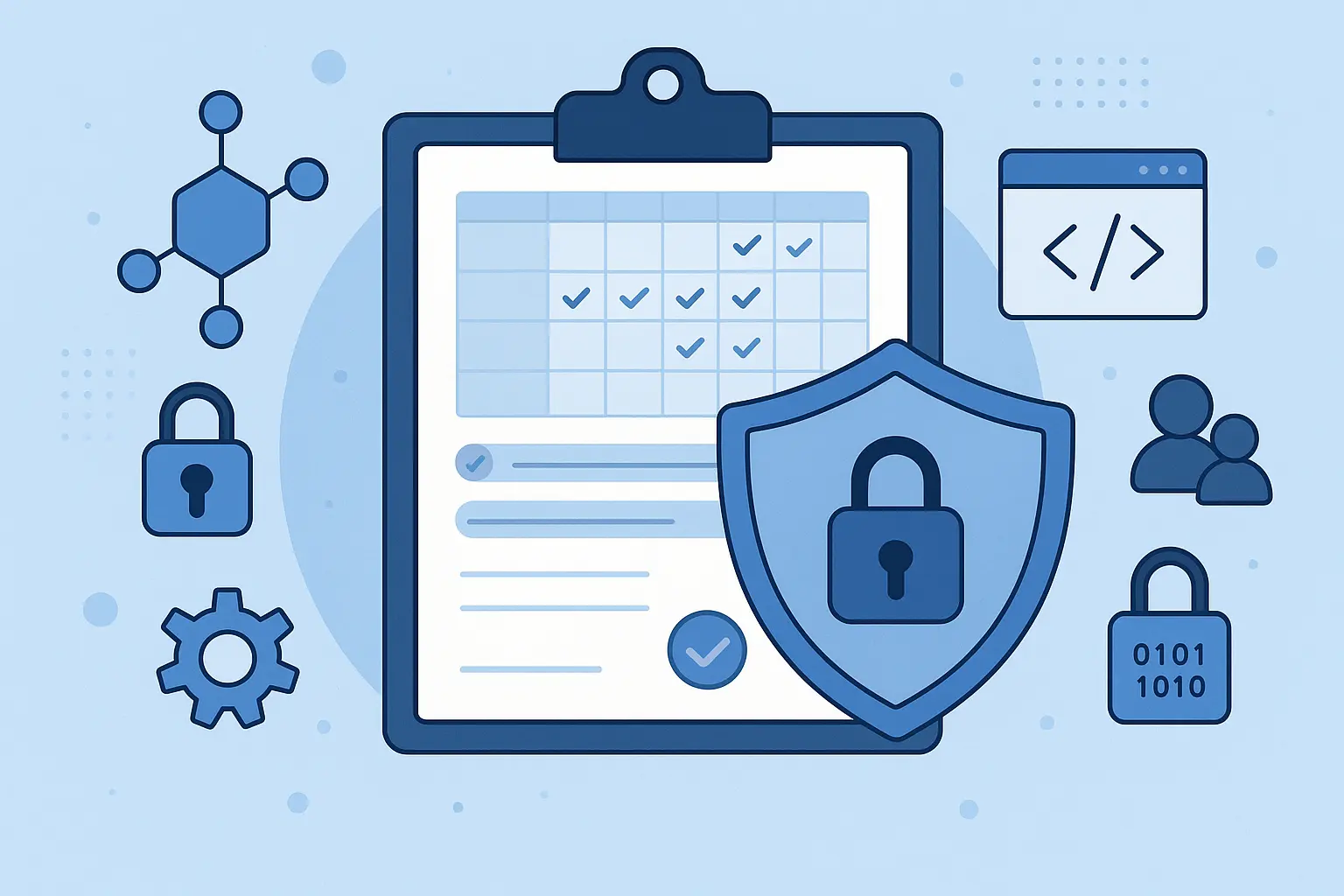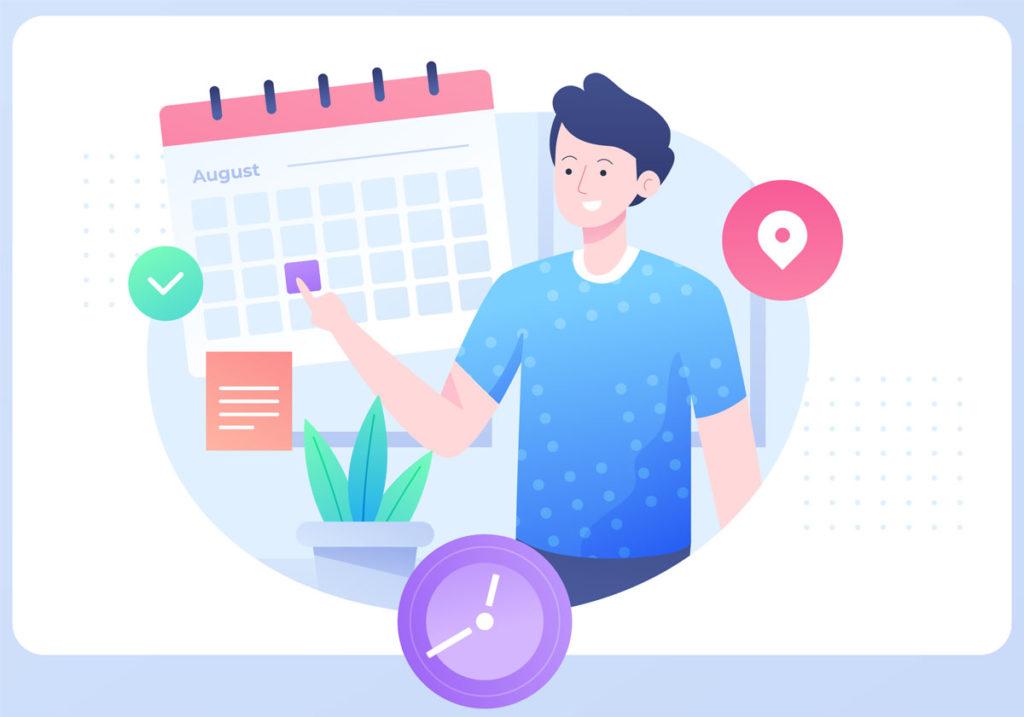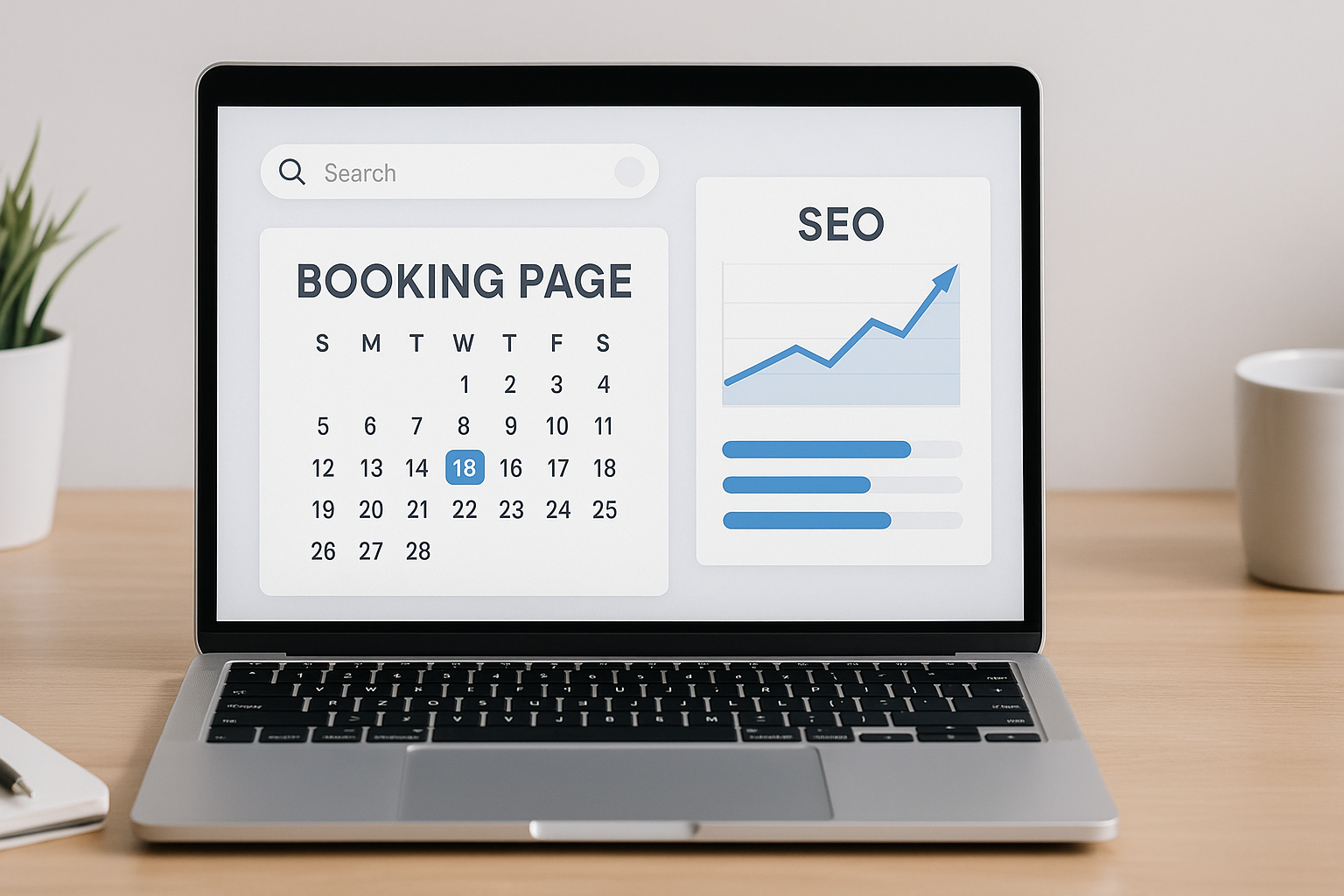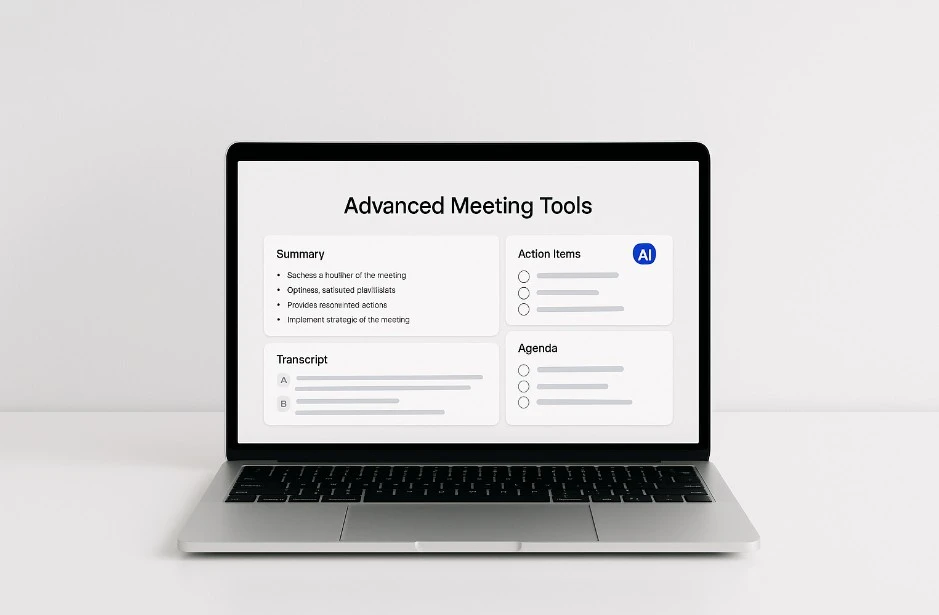
9 API Security Best Practices Every Booking Platform Needs
BOOKAFY BLOG 9 API Security Best Practices Every Booking Platform Needs IN THIS POST Your organization is like a finely tuned machine where systems work together in harmony to keep
Social media platforms like Facebook, Instagram, X, and TikTok have become deeply embedded in our lives. These platforms connect us with friends, family, and communities around shared interests. However, what many users don’t realize is that when we use these platforms, we give them an enormous amount of personal data that they use for advertising and other purposes. In this article, we’ll look at how social media companies collect user data, what they do with it, and how you can remove some of your personal information from the internet.
When you sign up for an account on a social media platform, you generally provide basic personal information like your name, email address, age, and phone number. This allows the company to create your account. Providing this initial information is necessary for the platform to set up your profile and validate your identity. The specific data requested may vary slightly across different social platforms.
But social platforms collect much more than just the data you actively provide. They use tracking tools like pixels, cookies, and device fingerprinting to gather information about your online activities. Pixels are tiny images embedded in websites and ads that track your visits. Cookies are small data files placed on your device that record information about your browsing activities. Fingerprinting uses details about your device configuration to identify and track you.
These tracking methods operate without most users realizing they are being monitored.
Through these techniques, social platforms can collect data points like:
Some of this data is gathered when you’re logged in to the social platform. But tracking tools like pixels also allow companies to monitor your web browsing when you’re not using the social app. So, your data is collected across websites.
Social platforms use your personal data in a few key ways:
One of the main reasons social platforms collect so much user data is to improve ad targeting. By understanding your demographics, interests, and habits, platforms can show you ads that are more relevant to your life. Targeted ads based on personal data tend to have much higher engagement rates, so they bring in more revenue for the platforms.
User data allows incredibly granular targeting. For example, Facebook might determine that a user is interested in road cycling based on pages they’ve visited. They can then show ads for cycling products just to this niche group of users most likely to respond.
In addition to advertising, your usage data also helps social platforms understand how people interact with their services. Analyzing user behavior allows the platforms to highlight the features and content you as an individual are most likely to enjoy. It also lets them identify and remove friction points to optimize the overall user experience.
Social platforms assemble all your data points into detailed user profiles. These profiles contain both demographic facts as well as analyzed trends in your interests and habits while using the platform. Your profile may contain hundreds or even thousands of data points aggregated over time.
These user profiles are highly valuable to the platforms. They use profile analytics to study user behavior, spot trends, identify influencers, and ultimately support business decisions about new products and features that will maximize engagement and revenue.
Many social platforms allow third parties like advertisers and data brokers to access user data in some form. Facebook’s ad platform lets businesses target very specific user segments defined by data like location, age, and interests. X provides data access to partner companies through its APIs. Some compromises like the Cambridge Analytica scandal have revealed how loosely user data is protected and monitored by platforms.
However, social platforms rarely sell your raw individual-level data directly. They derive more value from aggregating your data with that of other people and selling access to target groups in broad packages, rather than individual data points.
In addition to commercial uses, social platforms can use personal data to influence user opinions and behaviors on social or political issues. Showing users selective content based on psychological profiles can impact voting decisions or promote certain causes. This raises ethical concerns about manipulation when data is used opaquely.
While handing over some personal data is inevitable to some degree on social platforms, you do have some options to limit data collection and remove existing data.
Some people want more control over their privacy and anonymity online. They may not want companies profiling them for targeted ads or sharing data with unknown third parties. Remaining anonymous online or limiting ad targeting provides more privacy.
Search data removal services let you generate removal requests to major platforms that scrape the web for data on individuals. They send opt-out requests on your behalf to attempt to remove personal information from internet and delete your info from data broker databases. This helps control your broader web footprint beyond just social platforms.
Review the privacy settings on each social platform you use and adjust them to be more restrictive. For example, you can turn off ad personalization, location tracking, and platform partner data sharing. The more you limit these settings, the less data can be freely collected and shared.
Browser add-ons like Privacy Badger and uBlock Origin can block many tracking tools like pixels and cookies so your browsing isn’t monitored as extensively. You can also use browser privacy settings to clear cookies regularly or disable them by default. This limits, but doesn’t fully prevent, data collection.
Deleting your social media accounts outright ensures the platform can no longer grow your user profile with new data points over time. However, it’s unclear if companies fully delete all cached and backup copies of your previously collected data when you delete an account. The account may just become deactivated or dormant.
Modern social platforms provide amazing connectivity, engagement, and convenience to users. But extensive collection and use of user data fuels these systems behind the scenes. Unless regulations substantially change, handing over personal information will likely continue to be the price we pay for access.
But being aware of what’s collected and using tools to limit data sharing can help you find an acceptable balance between convenience and privacy. In the end, it is up to each individual user to decide what balance of data sharing they are comfortable with to gain the benefits of social platforms.

Save your team time and money with Bookafy!
Using online appointment scheduling software, you can automate booking, reminders, syncing to calendars, fetching video meeting URLs, and much more. Try Bookafy free today!

BOOKAFY BLOG 9 API Security Best Practices Every Booking Platform Needs IN THIS POST Your organization is like a finely tuned machine where systems work together in harmony to keep

BOOKAFY BLOG Why Remote Teams Secretly Appreciate Timesheet Software Like Workstatus IN THIS POST Remote work has transformed how businesses are operated. Different cities; or even nations, are collaborating on

BOOKAFY BLOG All About Optimizing Your Booking Page for Search Engines IN THIS POST Have a booking page, but not getting as many customers as you expected? That could be

BOOKAFY BLOG From Side Hustle to Full-Time: How ESL Tutors Scale Their Income with Smart Tools? IN THIS POST Do you remember working at your typical 9-5 job? You might

BOOKAFY BLOG How to Schedule Like a Pro with These Simple Hacks IN THIS POST Time significantly impacts how people evaluate their experiences. When time is wasted, customers often remember

BOOKAFY BLOG Improving Team Efficiency with Advanced Meeting Tools IN THIS POST Effective meeting coordination is essential for maintaining productivity within teams. By utilizing advanced tools, teams can streamline scheduling